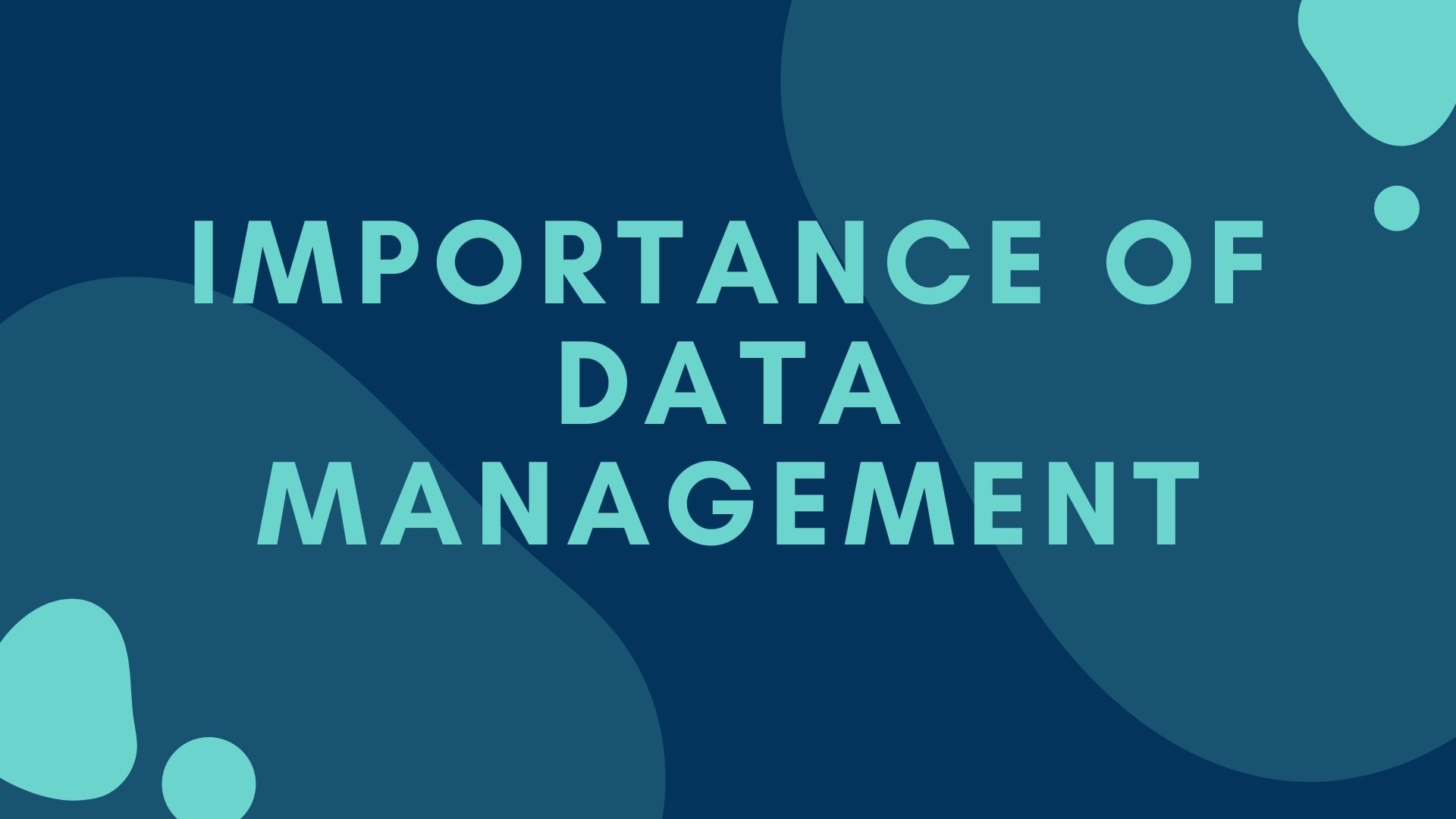
Why does everyone run for the exits when asked to pay for data quality, data governance, and data management? Because we do a poor job of connecting high-quality, complete, enriched, granular, low-latency data to the sources of business and operational value creation.
Data is considered the world’s most valuable resource and providing compelling financial results to organizations focused on exploiting the economics of data and analytics
Yet, most business executives are still reluctant to embrace the fundamental necessity of Data Management and fund it accordingly. If data is the catalyst for the economic growth of the 20th century, then it’s time we reframe how we view data management. It’s time to talk about Data Management 2.0.
Data possesses potential value, but in of itself, provides zero realized value. Data is burdened with the increasing costs associated with the storage, management, protection, and governance of the data, as well as potential regulatory and compliance costs, liabilities, and fines associated with not properly managing or protecting one’s data.
Data Management 2.0 provides a more holistic methodology that doesn’t just stop at managing data but enables the application of data to the organization’s most important use cases to drive quantifiable financial value.
Data Management 2.0 operationalizes business stakeholder collaborate to identify, validate, value, and prioritize the use cases that deliver organizational value, and identify and triage the KPIs and metrics against which value delivery will be measured.
To identify which data variables are most important to the business, data management must start by understanding how the organization creates and measures value creation. This conversation starts with an organization’s business and operational intent; that is, what is the organization trying to accomplish from a business and operational perspective over the next 12 to 18 months, and what are the measures or KPIs against which progress and success will be measured.
Data Management 2.0 reframes how organization’s approach the application of data to the business by understanding how organizations create value (and where and how data can help create value) instead of starting with data (and hoping that data finds its way to value).
Here is how we at Cintel.io can help you:
As the organizations keep growing and expanding, the significance of these operational reports increases. These provide a time to time picture of the entire organization or division and help the leaders track their performance. Be it any industry or domain, operational reporting is imperative to stay on top of all the processes and get a concise yet complete view. With the emergence and wide acceptance of BI, operational reporting is bound to make positive change across the hierarchy and horizontally too.